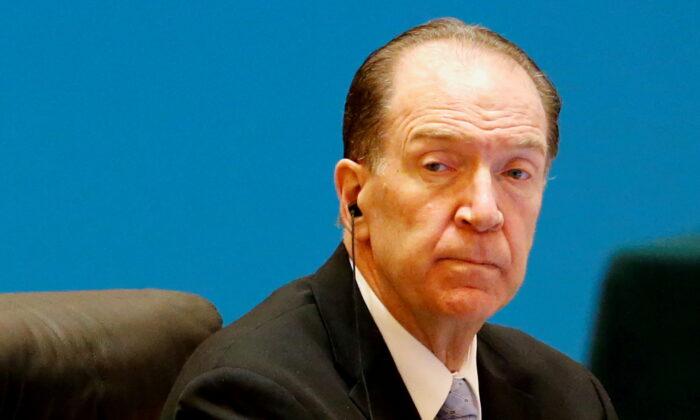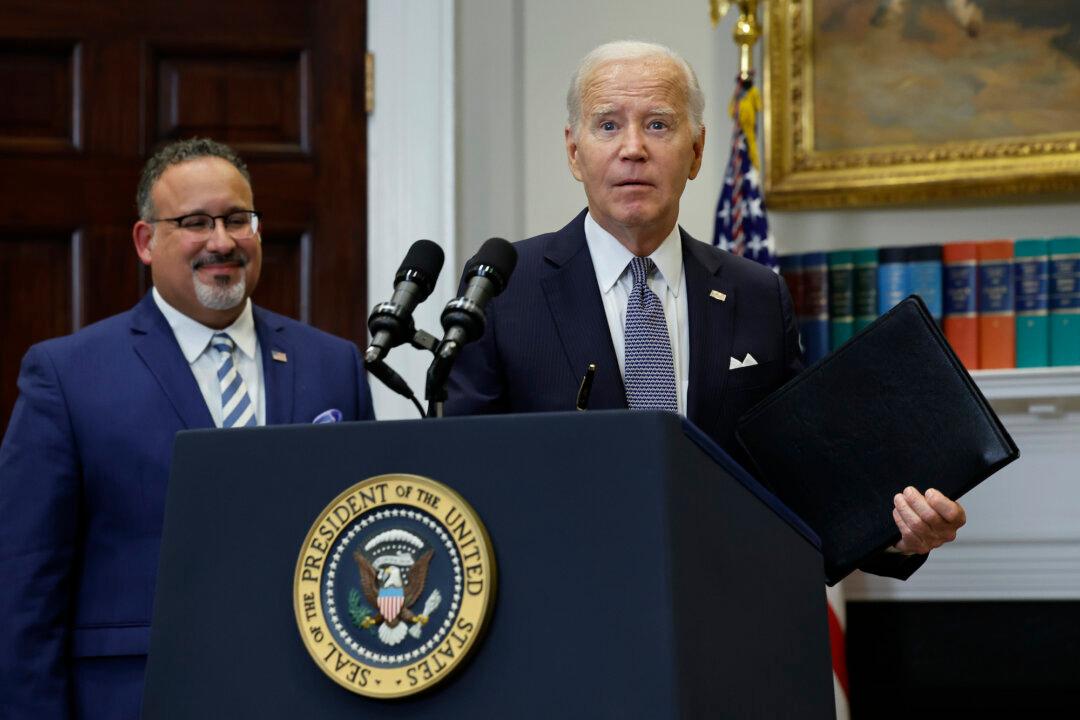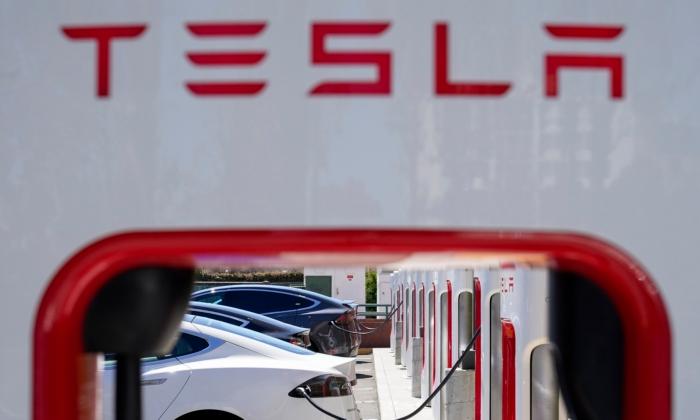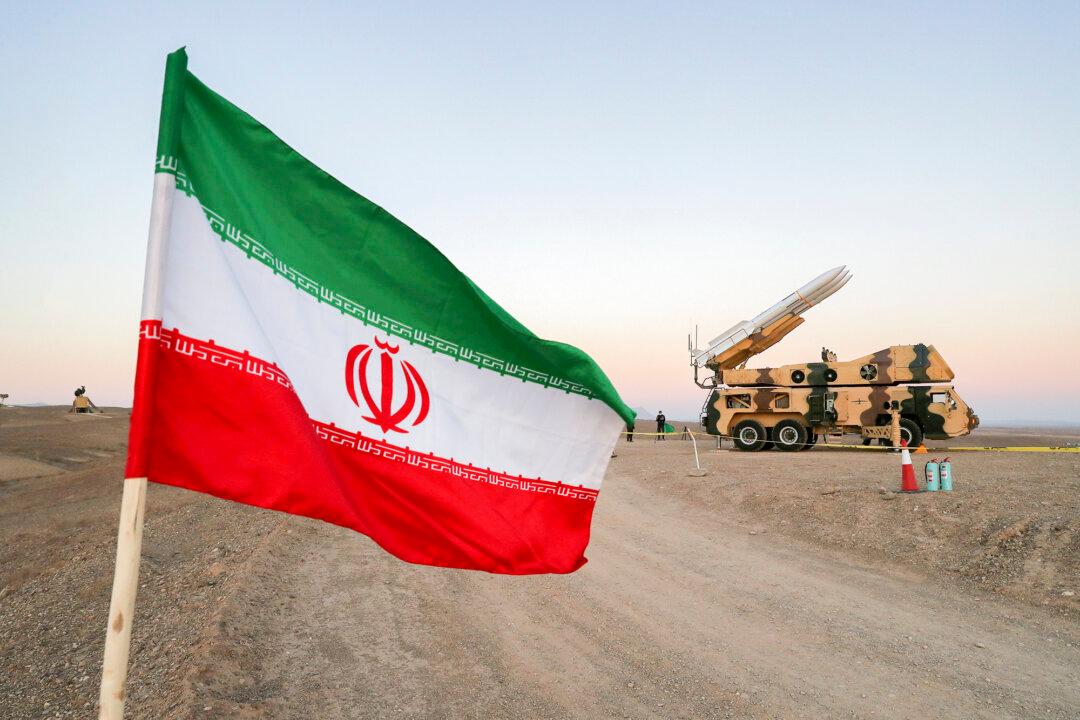Some of the world’s poorer countries have seen “tragic reversals in development” during the COVID-19 pandemic, World Bank Group president David Malpass said on Monday.
The international group expects a global growth of 5.7 percent in 2021 and 4.4 percent in 2022, but Malpass said the global recovery “remains dramatically uneven,” as the gap between developed and developing economies continues to widen.
“Incoming high-frequency data points to slowing momentum in global activity, amid persistent supply chain bottlenecks and COVID-19 surges,” Malpass said. “The outlook is challenging for much of the developing world, with lagging vaccination rates rising, inflation, limited policy support, too few jobs, and shortages that extend to food, water, and electricity.”
He said the per capita income in advanced economies is expected to grow by 5 percent in 2021, but it is only expected to grow by 0.5 percent in low-income countries. The debt owed by low-income countries is also expected to increase by 12 percent to reach $860 billion by 2022, according to the World Bank’s latest report on international debt statistics.
“We’re witnessing what I call tragic reversals in development across many dimensions. Progress in reducing extreme poverty has been set back by years—for some, by a decade,” he said.
To address the said disparities, Malpass called on both the advanced economies and developing countries to redirect their policies, so that growth and investment are “more widespread, less concentrated at the top.”
Specifically, the IMF said it will work with the World Bank, World Health Organization, and World Trade Organization to vaccinate at least 40 percent of people in every country by the end of 2021, and 70 percent by the first half of 2022.
“Richer nations must deliver on their donation pledges immediately,” the IMF said.
The IMF is also urging the world, including wealthier developed nations, to continue calibrating inflation and monetary policy because certain countries are already facing rising inflation and price pressures.
The changes will pave way to a transition toward a “greener, smarter, and fairer” future, the IMF said of its policy proposal. To accelerate this process, the world will need to institute a “robust price on carbon,” a global minimum corporate tax, a substantial scaling-up of “green investment” over the next 20 years, and “fairer and more efficient tax systems.”
“By working together, we can ensure that the transformation of the international monetary system benefits all,” said Kristalina Georgieva, the managing director for IMF and former vice president of the European Commission.






Friends Read Free